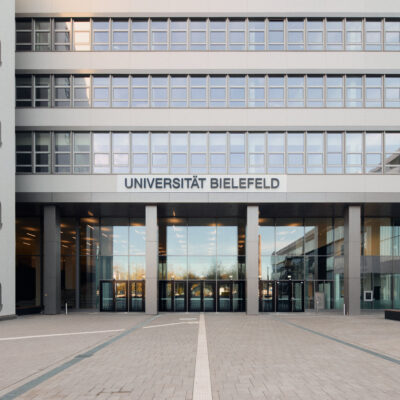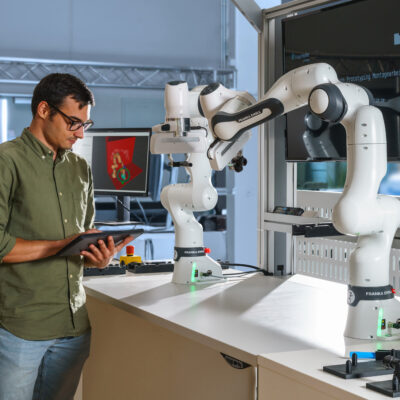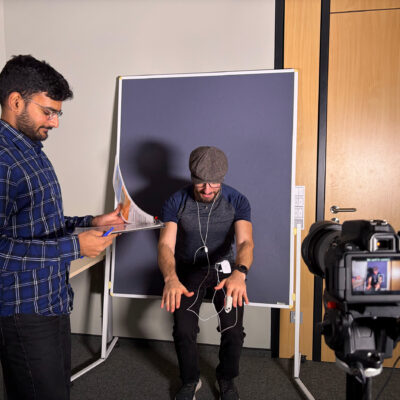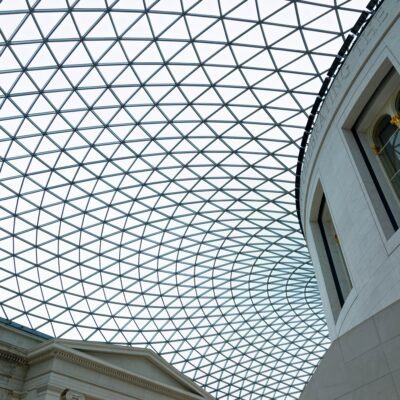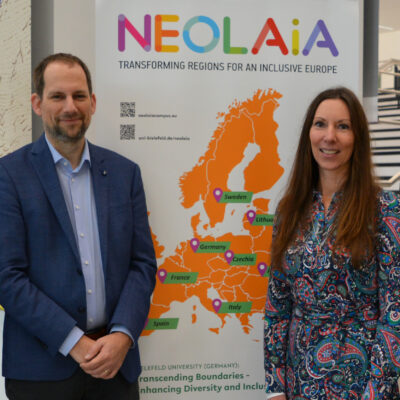There is much to offer in the fields of mathematics, computer science, natural sciences, and technology (STEM): The laboratory is a place to experience hands-on experiments, exciting working practices, and impressive results. Student laboratories have proved to be effective in motivating and stimulating interest in STEM subjects and working practices. The potential of using these laboratories for teacher training (LFB) has yet to be exploited in full. The new joint research project ‘LFB-Labs-digital’ is designed to change this. The project is developing student laboratories on STEM subjects into venues for teacher training. The focus is on equipping teachers with digital skills. Researchers from eight locations are collaborating on the project, which is led by Bielefeld University. As of April, the Federal Ministry of Education and Research (BMBF) will be providing the network with around 3.2 million euros in funding.
The proposal group is made up of 21 scientists. They come from the universities in Bielefeld, Paderborn, Lüneburg, Oldenburg, Kaiserslautern-Landau, Münster, and Dresden as well as the Institute for Information Management (ifib) at the University of Bremen. One of the researchers’ aims is to investigate how to improve the implementation of training in the digital world for the STEM sector.
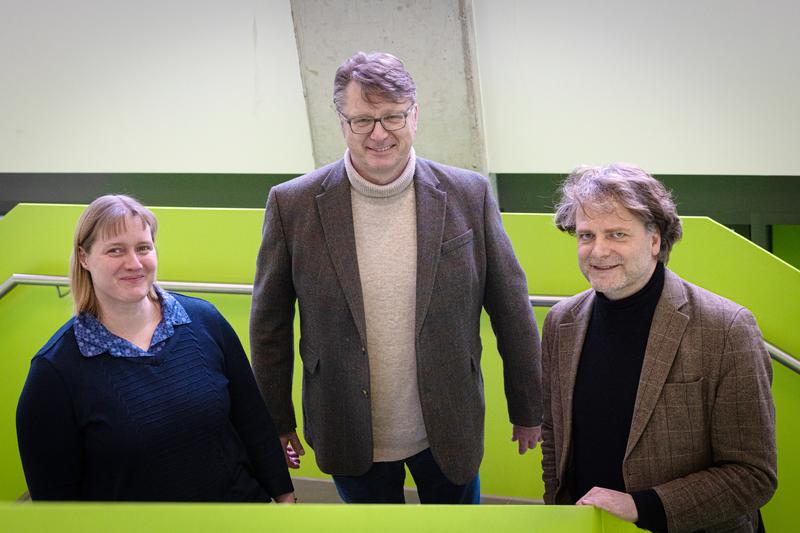
© Bielefeld University/Mike-Dennis Müller
Laboratories have used digital transformation to good effect
‘Student laboratories have two advantages for teacher training,’ says Professor Dr Matthias Wilde, Professor of Biology Didactics at Bielefeld University since 2005. ‘In such laboratories, subject-related motivation for STEM subjects and the associated working practices is high. Moreover, these labs have been able to rise to the challenges of digital transformation faster and more effectively than mainstream training venues.’ Professor Wilde has been director of Bielefeld School of Education (BiSEd) since 2022. He coordinated the project proposal with two Bielefeld colleagues: chemistry education specialist Professor Dr Stefanie Schwedler and educational scientist Professor Dr Martin Heinrich, head of the scientific unit of the NRW experimental school Oberstufen-Kolleg.
There are plans to open up the existing student laboratories at the participating universities for digital teacher training. All federal states have institutions that are responsible for the research-based quality development of STEM-related initial, in-service, and continuing teacher training. These institutions will be supported by expanding the student laboratories in cooperation with the federal government’s STEM Competence Centre.
LFB-Labs-digital to prepare a catalogue of criteria for quality assessment
This new project will develop formats for using student laboratories in teacher training. These good-practice examples will become the basis for a catalogue of criteria for scientifically monitored formats. The project will use student laboratories to expand the digital infrastructure in teacher training. In these laboratories, future teachers will be shown ways to use digital tools to enhance their teaching. ‘We would like to work with teachers to explore how they can use various digital tools in a way that contributes to the educational value of their lessons. This could involve interactive explanatory videos, molecular dynamics simulations, or even digital learning platforms, for example,’ says Professor Schwedler. Studies will ensure that such measures for the qualification of teachers are indeed effective in the digital world.
The short name LFB-Labs-digital stands for ‘Student laboratories as a place for teacher training in the digital world’. The project starts on 1 April 2023 and runs until 30 September 2025. The Federal Ministry of Education and Research is funding it with around 3.2 million euros, of which around 1.9 million euros will go to Bielefeld University.
Further information:
- Proposal group School labs as a place for teacher training in the digital world (short name: LFB-Labs-digital) (linked page only in German)
